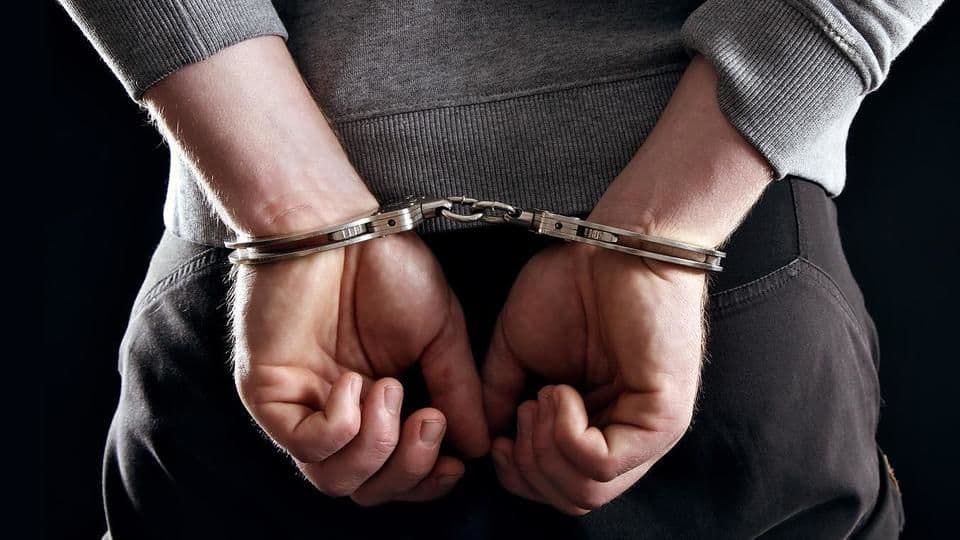
Pakistani cleric arrested for beating eight-year-old student to death
What's the story
A cleric has been arrested in Karachi, Pakistan, for allegedly beating to death eight-year-old student Muhammad Hussain. Hussain had been trying to flee the seminary in Bin Qasim Town since before. He had managed to, too, but his parents had brought him back. Pakistan's clerics and madrassas have much power and influence and often escape punishment for crimes.
Madrassas
Pakistan's madrassas and clerics have a wide, pervasive network
Pakistan's 22,000 madrassas are self-regulatory: there's no body to supervise functioning. About 3,000 aren't even registered with the government. In their society, clerics are powerful. With increasing donations, sometimes even from abroad, their power has only increased. It is unsurprising that in many places, they own the police, even some politicians, and are supported by militant religious outfits.
Information
Madrassas a hotbed for various types of crimes
A few months ago, AP revealed sordid details about a massive sex-abuse scandal behind the closed doors of Pakistan's madrassas. Recently, some madrassas have been shut down due to their suspected involvement in radicalization. A TV channel once showed students kept chained in a madrassa.
Victims
Victims' families are hindered by several factors
In cases of crimes by clerics, the system works against victims. They have no money, while cops enjoy huge payoffs from clerics. If by chance a case gets registered, police insist on witnesses/evidence, both hard to arrange. Sometimes victims are threatened with blasphemy laws, which could bring them the death penalty. But they're forced to go back to madrassas for free food and education.
Information
Parents refuse permission for Hussain's post mortem, but cops trying
In Hussain's case, he was beaten with a "blunt object and stick" and "there were visible marks of torture on his body," said an officer. But his parents have refused to allow a post mortem. Cops said a case would be registered against the accused.